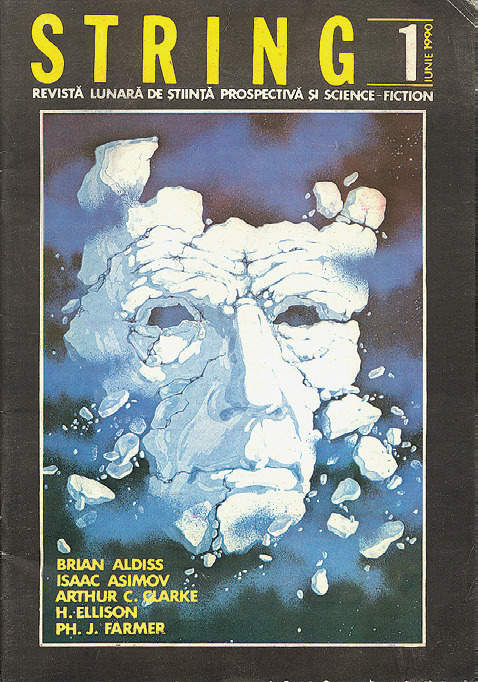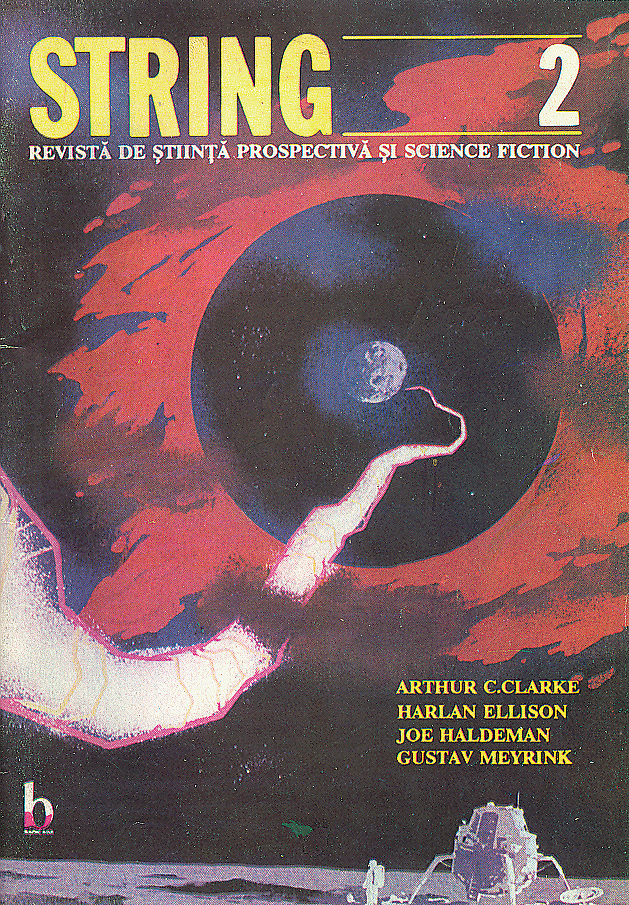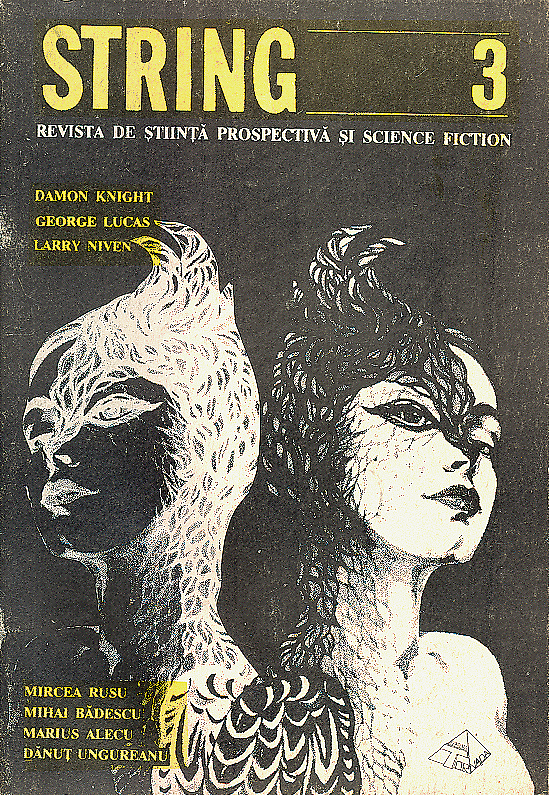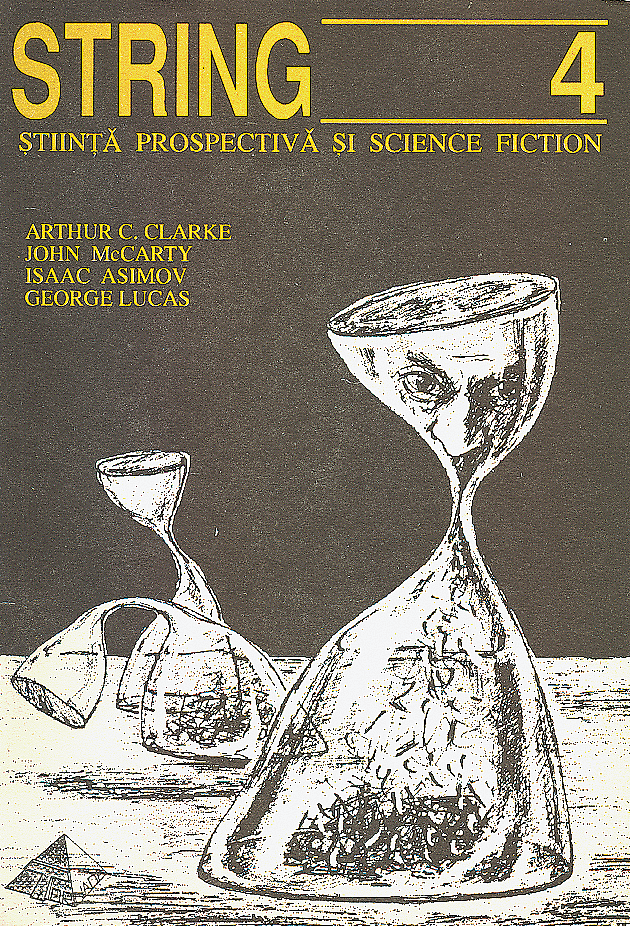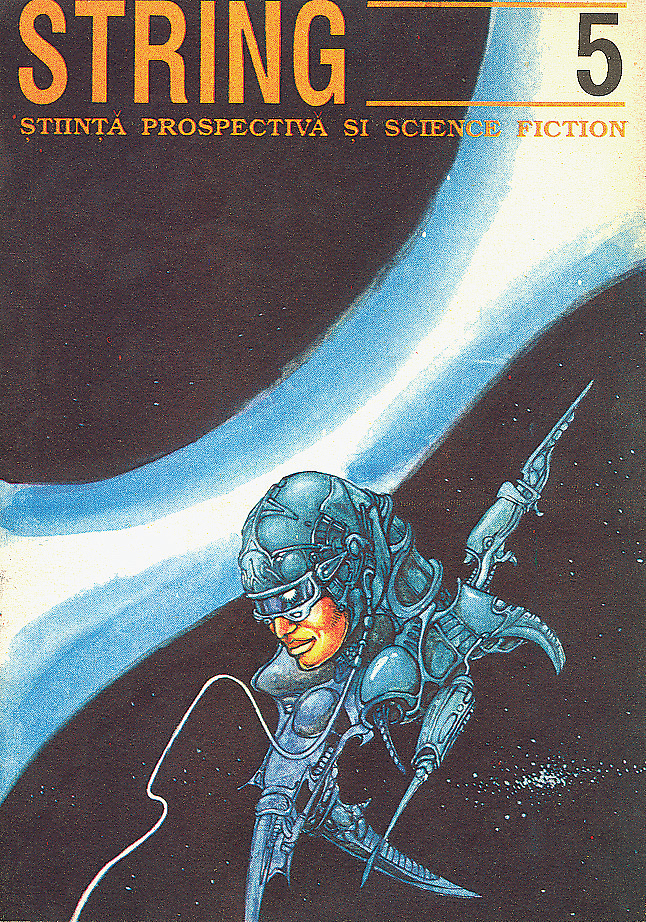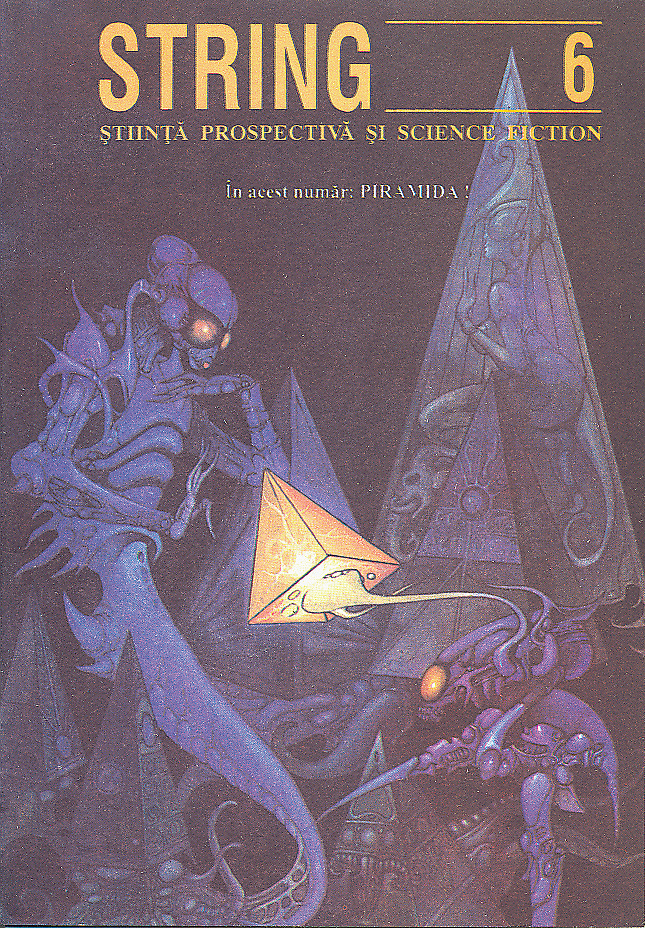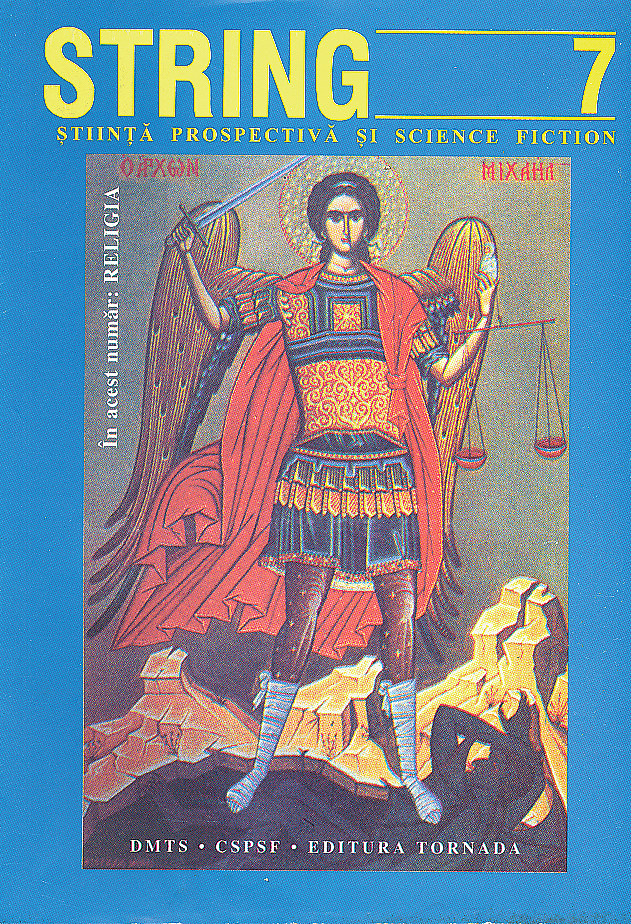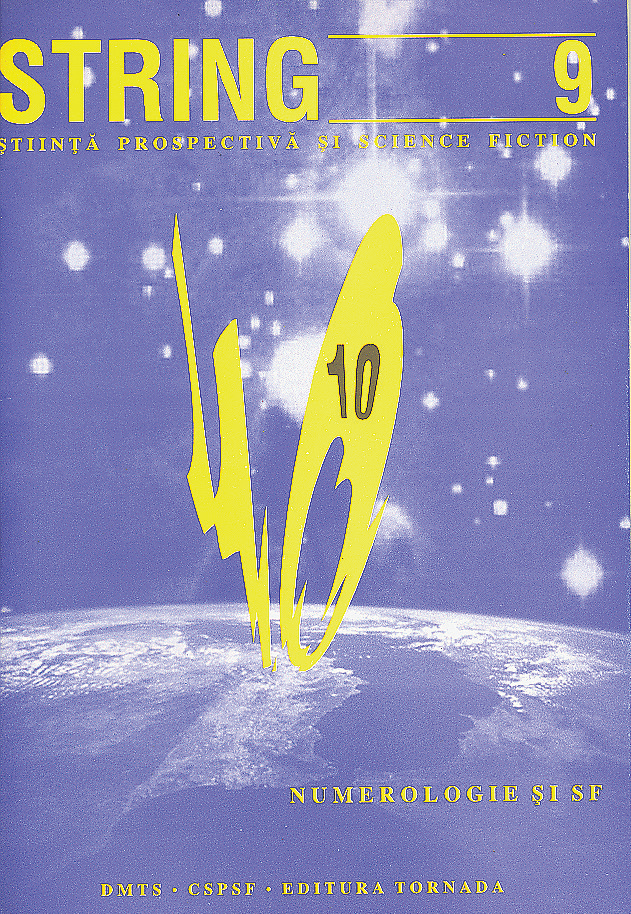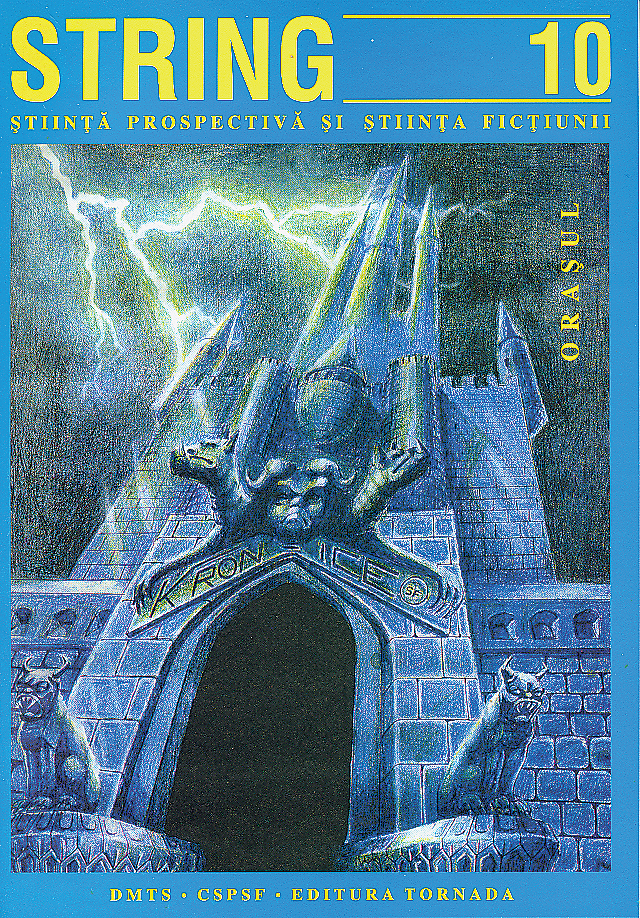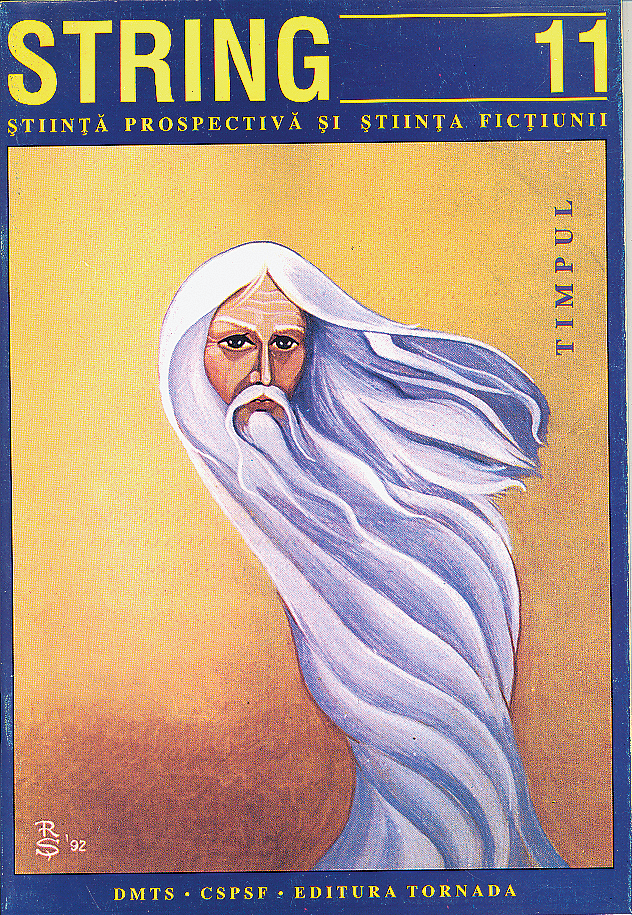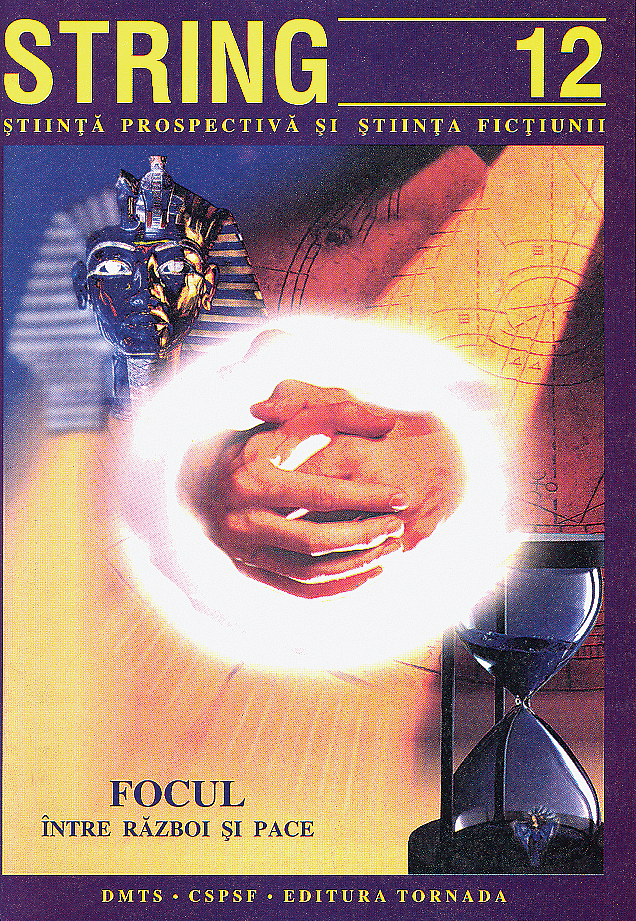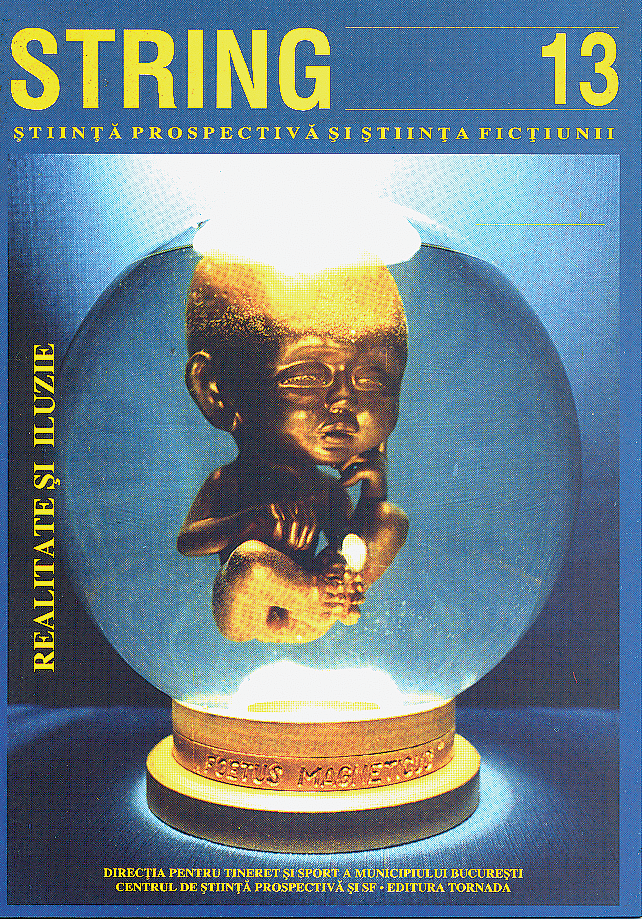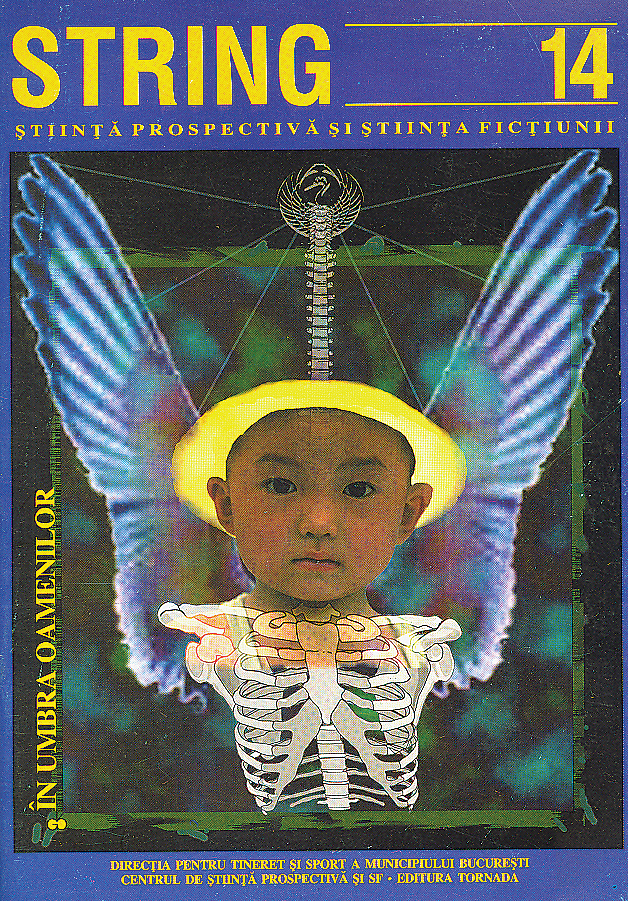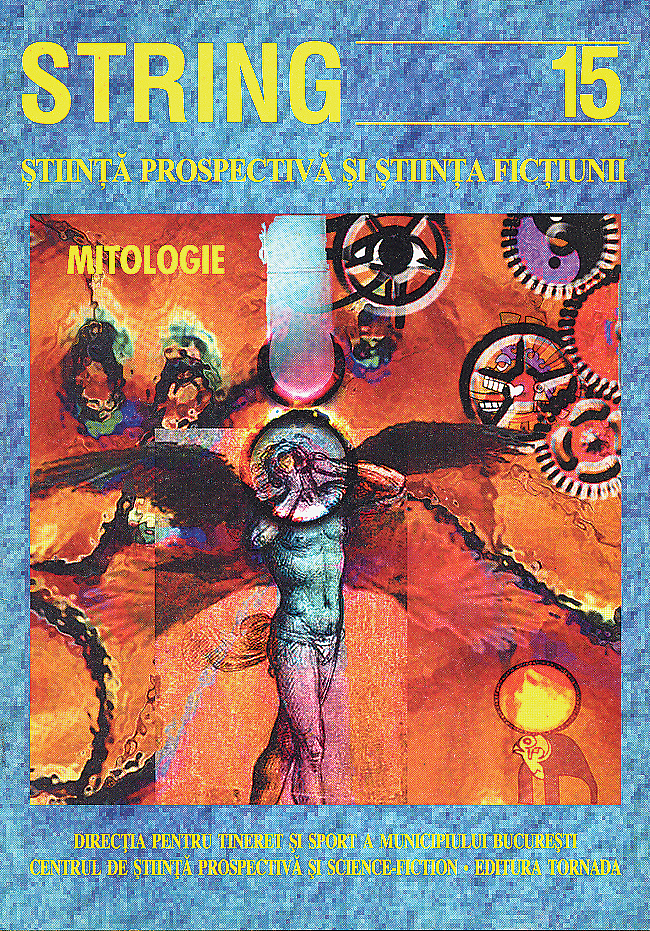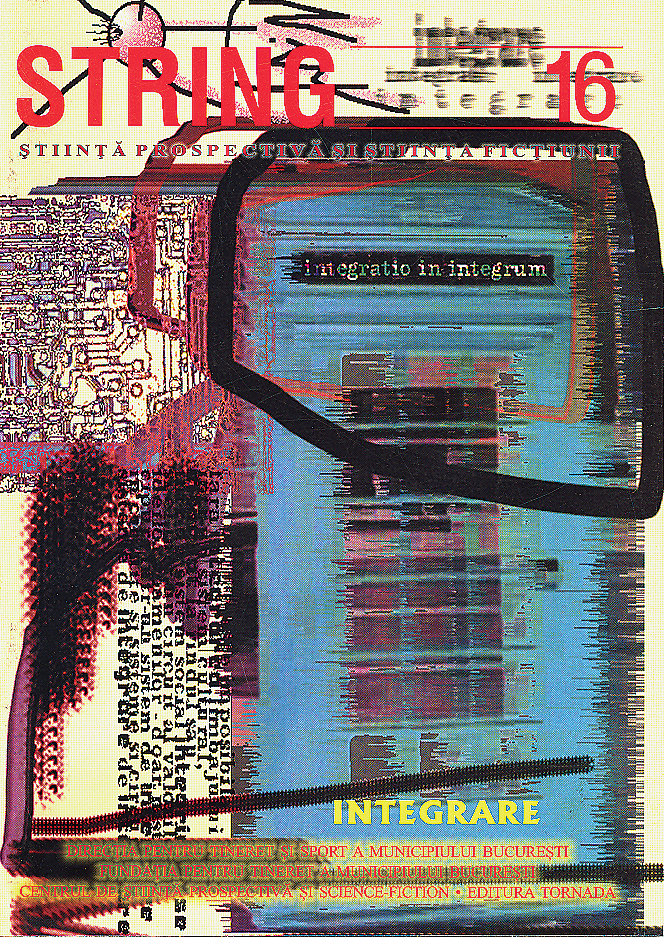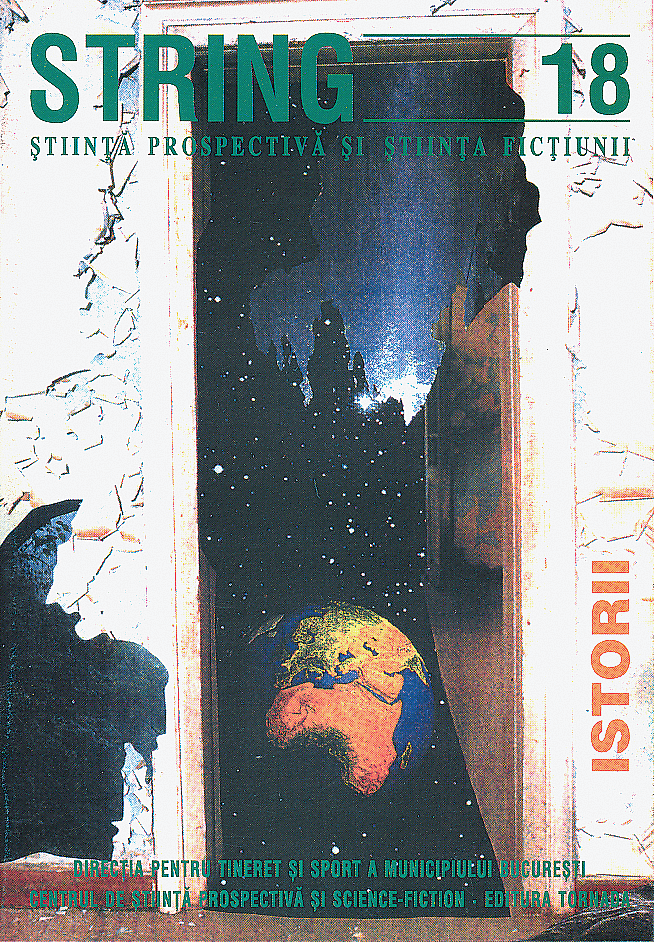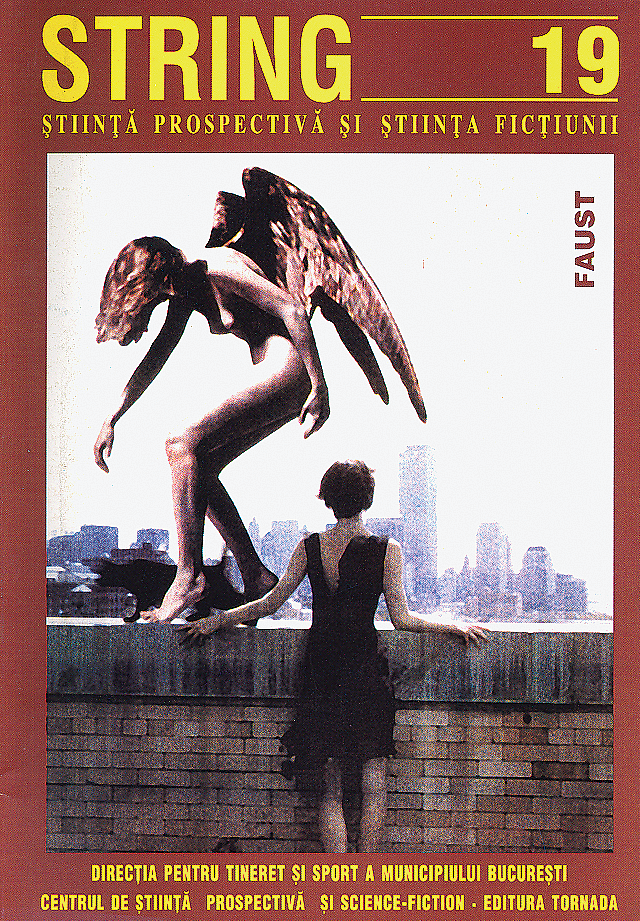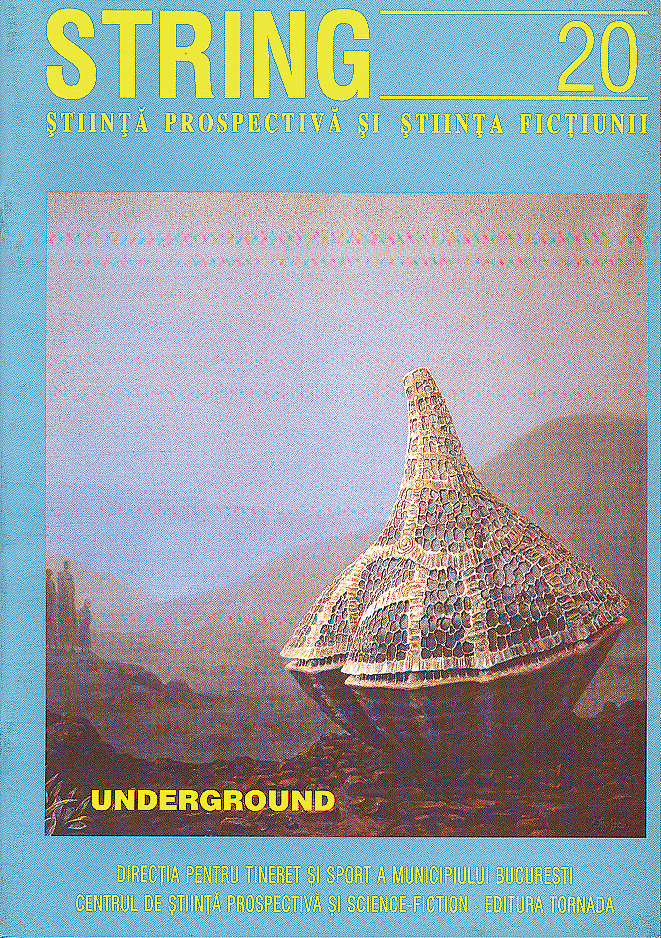The hard -working procurement of food ...

The riders had stopped on the ridge, looking at the long worm of the caravan that dragged heavily through the dust. Then one of the soldiers let out a sharp, piercing cry. Aydin turned his head towards him.
"What happened, Mehmet?"
- Look to the right, Effendi. Someone is coming.
The spahi saw the small, insignificant cloud, hardly distinguishable from the eddies caused by the wind across the barren plateau. A horseman was indeed coming. One alone. He was not a danger. Sure, the convoy was made up mainly of women, children and old people, who made up the families of the men in his troop, but around the wagons there were mounted archers patrolling. And unless the stranger was somehow the spy of a larger group, there was no way he could cause them any harm. Maybe it was a messenger...
- Let someone come out to meet him and lead him to me, ordered Aydin briefly, he took another look at the line of heavy carts, pulled by strong cattle, then he looked intently at the hill that the carts of his band of wanderers were going to climb.
Eh, the wandering was almost over! Or, at least, it seemed so. His kind had wandered as long as it was known. His Turkoman tribe had fled near Bukhara, the place where he had his residence, for fear of the invading Mongols. He had settled in Anatolia, in the principality of Sahib Ata, near the city of Barcinli, where he had been well received. The men had entered the army of the local bey, a subject of the Seljuk sultan. However, two years ago, Bey Nusratuddin Ahmet had died, and his principality had been conquered by the Germiyans... Aydin had fled from the plague, just as his parents had fled, a generation ago, from the invaders from the north. He had found shelter, for himself and his family, with Bey Osman, a bey who had just begun to carve out a principality for himself in the Turkish world, conquering a little bit from the Turkomans, a little bit from the Byzantine pagans... It was good in Osman's army. The Ottomans, worthy soldiers, fought head on, they did not sacrifice themselves needlessly. The prince's son, Orhan — whom many considered the future bey, because Osman had been ill for a year — used to subject Byzantine cities to a total blockade, not to conquer them by assault. He had no soldiers to waste, and he preferred to skilfully conducted negotiations, through Kose Mihal, who had been, before he converted to the true faith, a Byzantine general and governor... Now, in the year 726 of the Hegira, the siege of Brusa had ended in a capitulation, after which only the soldiers and officials of the Greek emperor had left for their country, and the inhabitants of the city had remained in place. becoming subjects of the bey... In the camp it was gossiped that Evrenos, the commander of the fortress, had converted to Islam and joined Osman's army... Anyway, a new territory had been conquered, which had been divided among the soldiers. Aydin had also received a domain, at Giaur Clisi, and now he was going with his people and their families to settle among the pagans. This time it seemed that the wandering was over, but you couldn't know what Allah had decided, maybe they would be chased by beasts, maybe they would conquer other lands, more dexterous, and the drink would reward them for their struggle in another domain...
This is the fate of the warrior, to walk on dusty paths, to hit the enemies and crush them under the horse's hooves, until he receives a martyr's death and is welcomed into the paradise of the righteous, where the eternally virgin hurries await him...
Now that he has a domain of his own and is no longer an embittered leader of nomads, he should marry, have many children, who will inherit his lands and cattle, if the Lord will call him to His bosom...
First he will settle on the estate, distribute houses and land to his people, and then he will get to know his neighbors and try to find out in which family there is a girl to marry. Because he didn't just take a wife into the house, but also make an alliance with her relatives, that's why he had to think carefully, the woman should be from a strong and rich family, but not too big, because the powerful of the world can fall headlong into the dust at any time, and Allah likes to humiliate the proud...
He heard the sound of hooves on the dry clay and turned. Two horsemen were chasing after him, one of his, in a rich shirt, with a sword, spear and mace, and the other a dry man, with a black turban and a wide, blue cloak.
He raised his hand to his forehead and lips, greeting the stranger, then bowed his head slightly. The man, well past his youth, but with only a few white strands in his black beard, smiled gently at him.
- I am Sheikh Edebeli, he introduced himself, and Aydin remembered that he had seen him around the camp, together with other monks from the ahî combatant brotherhood.
The young man froze for a moment, the sheikh being an important character, a warrior to whom the bey owed many of his victories and a powerful politician with a harsh word for the righteous.
- I learned that you are going to receive the domain that, in his mercy, our lord gave you. There live more beasts, Greeks or other nations, and I want to spread the prophet's teaching among them. That's why I decided to accompany you, to get rid of the boredom of the road through the wilderness. And perhaps you will call upon my poor knowledge when you find yourself among the heathen, for the bey wants us not to spoil their joints and torment them for nothing, but to make them faithful servants of his house.
To himself, Aydin sighed with relief. He needed such help, for it is one thing to lead a band of nomadic horsemen, among whom you grew up and who would allow themselves to be cut to pieces for you, and another to be lord over stable farmers, slaves for a thousand years to the soil and the hoe, with other customs and faith.
And after that they didn't discuss anything important until nightfall, when the caravan stopped, for a well-deserved rest, near the bed of a stream. The people watered the animals, let them loose in the valley, to graze on the grass that was softer than the dry, dusty one in the plains, then, finally, they took care of them too.
"The people among whom you will live henceforth," said the monk, as they lay sprawled on the rough blankets under the starlight, after they had finished their frugal supper—dried pastrami and hot loins sprinkled with sour milk—are a superstitious and fearful people, imbued with their heathen beliefs. The village where you will stay has some great ruins in the center, which the Turks thought were of a Christian church - hence the name given to the locality. But I found out that there was a fort there, which was burned and destroyed when the Greeks fought with the Latin pagans. The commander of that fort, a certain captain Demetrios, was killed by treachery, and since then - say the marauders - he does not find rest, haunts the places, appears as an unclean spirit every time some misfortune happens. And not only he appears, but also other creatures who were deliberately killed then, in that cursed place. I am telling you all this because you will have to beware of those dangerous superstitions, entrust your soul to the mercy of Allah and be strong in the true faith. The earthlings here have a complicated and sinful way of thinking, like people who have endured abuse and humiliation. They have no sense of honor and no honor, they are content to live like animals, and their fear of the seen and unseen can easily be transmitted, like a plague. Be careful, my young friend, because your soul will be in danger! Do not trust what you will see and, above all, what you will think you see!
And after these words, the sheikh sipped the mint decoction from the copper cup, murmured a surah from the Koran and closed his eyes. Almost immediately he started snoring, leaving Aydin quite confused as to the dangers that lay ahead. In fact, the young man was left with the impression that the old man had tried to scare him from the inside out, presenting him with undefined dangers, pursuing interests that he could not discern.
Wasn't the sheikh aiming to make him leave the domain, to refuse the bey's gift, so that it would be donated, later, to some protégé of the warrior brotherhood?
Before falling asleep, for his part, Aydin promised himself not to be impressed by anything he would see in the ruined village. Sleep deeply, healthy, youthful, watched over by the pale moon and the tiny opacities of distant stars.
The village, a collection of shacks gathered around the ruins, had not impressed him terribly, he had seen a lot of the same. Once it had been a rich and welcoming village, now it had few and frightened people, who had waited with fear and hope for the arrival of the new owner.
Aydin had fulfilled their hopes and tried to dispel their fears: he had established, on the sheikh's advice, modest grants - at least to begin with - he had accepted the advice of the elders, appointed as mayor the one proposed by the locals, and his men had been installed in abandoned houses. He himself had taken up residence in the old mansion of the domain, a heavy, solid building with thick walls and small, dark rooms.
Everyday life was carried out according to a routine without special worries. He had kept near him, in the big house, as the mansion was called, his personal servants, devoted and linked to his family by tradition, but he had also taken servants from among the ferrets accustomed to a sedentary life. He ran around, inspected the works, trained with his riders, and the days passed, mundane and similar. He met, from time to time, with Edebali, the sheikh, but he disappeared more and more often, walking on the roads of his interests known only to him.
Wandering in the fields not only because the affairs of the estate required him to do so, but also because, in some undefined way, the manor repulsed him, even produced a vague fear. This was probably due to the proximity of the ruins, the remains of thick, collapsed walls, which no one had touched, leaving the stones and slabs to their own devices. There had, however, been a church, he had learned from Ianis, the mayor he had installed. In those days, the churches were also fortresses, temporary refuges in times of restriction, all the inhabitants of the village could take shelter within their walls, they could even withstand a siege of one or two days, led by a group of horsemen who set off after robbery. But they didn't stand a chance against a regular troop with siege engines. The tragedy consisted in the fact that the sanctity of the place had not been respected precisely by Christians - even if of a different rite - which could mean that the fault - or betrayal - of that Demetrios had been too cruel to be forgiven. The knights of Râmlen had burned him alive together with his whole family, leaving the villagers and servants to flee.
Aydin arrived at the big house only at night, tired and hungry. He ate something, paying little attention to the toil of the servants at the kitchen, then went to bed.
If the days were ordinary, the nights were terrible.
At first it had been just a dream troubling in its repetitiveness.
A dream that could only be the result of the sensation - normal for someone who had lived all his life under the open sky - that he was in a trap, in a place from which he could not escape easily.
He pretended to get out of bed and walk down the dark corridors of the mansion—darker than they really were—and he walked long through them, as if they were endlessly long. Finally, with sore legs—like any horseman, he was not used to walking—he reached the great hall for guests. There the tables had been spread for a multitude of guests—guests whose faces seemed covered by a white veil, for he could not distinguish their features. In the dream, he didn't hear anything, everything was happening in complete silence, and the movements of those who were partying seemed bizarre, strange, dancing to a music that only they could hear - or maybe it wasn't any kind of music, they were just pretending to dance to some music... The tables were full of unclean food, Aydin realized that there was pork on the trays... How did he know? He had never seen that unclean animal, nor food cooked from its flesh... The dancers were both men and women, all with indistinct faces. They wore rich clothes and heavy jewels of glittering gold. The cups on the tables were also made of gold, and the revelers eagerly emptied them and immediately filled them, pouring something that resembled pomegranate juice from the pitchers.
When he entered, the dancers would move aside, continuing their strange, meaningless movements. He passed through the path thus formed and approached the table of honor. The one there stood up, seeming to greet him, and beckoned to a woman sitting next to him. And she also stood up, took a full cup and handed it to him, with a bow full of respect. And he took the cup and brought it to his mouth.
At that moment, his senses began to function without fail, his nostrils felt a pleasant, but strange, foreign aroma of liquor he had never drunk before, and a terrible thought crept into his mind: in that heavy, golden cup, there was wine! The drink forbidden by the prophet! He removed the cup from his lips, disgusted, and the diners let out a loud, desperate wail.
And he woke up tired, sweaty, as if he had really chased down those endless corridors...
Finally, horrified by the repetition of the dream and exhausted because he was not resting like the rest of the world, he ordered his tent to be pitched in the courtyard of the mansion, under the trees laden with fruit. The beast servants obeyed with the indifference of those used to dealing with all kinds of whims, which were more bizarre and more incomprehensible, typical of the barbarians who had just come from the desert, but the Turkoman servants had exchanged glances full of connotations, and Aydin had realized that for them too sleeping in the mansion next to the ruins meant a hard trial. But no one had dared to complain.
Only when he realized that he was not allowed to do such a thing, he would have made a laughing stock both to the beasts and to the Turks. He ordered the tent to be closed, and the servants obeyed with the same unwavering indifference to the incomprehensible shouts of the powerful.
Then came the fasting of Ramadan, when every believer eats only after sunset, and Aydin slept during the day—restful sleep, not haunted by nightmares—and at night he feasted with his people, after which he walked around the mansion's garden. The weather was hot and dry, and the fields dusty, as when they had arrived on the estate, but the garden had been tended, and the flowers—well watered by the gardeners—filled the yard with heady, intoxicating scents.
The girl had appeared on the fourth night.
In the strong moonlight you could see that he had fair hair, not quite hemp like the Latin barbarians, but not raven like the Greeks or Turanians anyway. But the nations had mixed so much in those parts of the world, trampled by all kinds of wanderings, that it was no longer possible to tell which nation was which by appearance alone. And the eyes seemed to have a light color, maybe green or greenish-brown, by no means black. By her dress—she was certain—she seemed to be one of the maids or some gardener's daughter. Aydin hadn't seen her until then, besides, he didn't know the whole bunch of servants, much less their families, he had trouble dealing with subjects, it wasn't proper to stoop down to lowly pagans, it was different with the Turkomans, they were, first of all, comrades in arms, he had to win their devotion, obtain the full faith of all members of the tribe or - according to the new organization - of all those who they were part of the soldiers he was obliged to take to war.
So he ignored the creature, who, in turn, made a humble bow, then handed him a blood-red rose with a maddening aroma. After that, the girl bowed again and disappeared among the bushes, as if swallowed by the night.
The man stood still, a little stunned, he sipped that strange aroma once more, then threw the flower into a bush, because it was not proper for a warrior to walk around with a rose in his hand, like an effeminate Greek courtier.
But the next day, at daylight, feeling the need to smell that bloody flower again - whose aroma had somehow remained, if not in his nostrils, at least in his memory - he searched in vain in the garden for a similar rose. The ones he found were small, flat, with a weak scent, ordinary flowers with little water and strong heat.
But at night, when he was walking as usual through the cool greenery, the girl appeared again. And this time he handed her an equally beautiful rose, with an equally intoxicating scent.
Aydin asked her - more out of curiosity - where was the bush from which she had picked the flower. And the girl whispered to him, in that mixed language that people of different nations used to understand each other, that she had brought that flower from her personal garden, from her home. The warrior was stunned for a moment, then wondered why he was giving him such a beautiful and precious gift, thinking that he was expecting a favor from him, some job for someone in the family or something like that. And the girl lowered her eyes, ashamed, mumbled something, blushed, then ran away into the darkness, without bowing or any other sign of respect.
The man remained alone under the pearly light of the moon, gripped by a strange wonder and undefined hopes. This time he did not throw the flower, but carefully placed it in his breast. When he got to bed, he took out the blood rose and put it next to the bed, on a small table. He noticed that the thorns had made a faint, tiny scratch, like a fingernail pressed into his skin. It wasn't a wound, so he ignored it and forgot about it immediately.
The next day he was cheerful and benevolent, to the joy of his subjects, to whom he did all kinds of small tricks. He felt, in a way, that they too had a different mood, that that strange gloom, which he had noticed in them since they had settled in Ghiaur Clisi, had disappeared as if by a miracle, banished as if by that period of holy celebration.
And when night came, he hurried to eat a little, together with the soldiers guarding the mansion, so as not to appear rude, then he ran quickly into the garden, hoping to be visited again. And his hope was not in vain, the girl appeared again, as scared as a doe coming out of the forest, ready to run away as soon as the man approached her.
When he handed her the rose, he tried to take her hand, but her slender fingers slipped like tiny snakes from his grasp, and the beauty drew back, giggling shyly—but somehow defiantly. Aydin realized that she liked him, but she didn't know how to proceed, in their tribe the girls didn't meet the boys, they stayed hidden in their carts and hid their faces and bodies under loose clothes. And the rascals he had dealt with—in the cities where he had fought the war—were prostitutes with whom the price was discussed directly, and that was enough.
And the days passed while waiting for the nights, and Aydin dreamed - he didn't quite know what either - with his eyes open, waiting for a fulfillment that he didn't imagine very clearly.
The meetings kept getting longer, they ended with the arrival of dawn, and the girl - she had stubbornly refused to tell him her name or give him any information about her family - gained more and more courage, she no longer ran away from his touch...
Ramadan had passed, but Aydin had kept his habit of sleeping during the day, unlike the others, who slept only at night and had become grumpy and worried again. But, in his joy, he had not paid attention to them, he had not noticed anything, he imagined that they were all equally happy.
He had gathered a bunch of roses on the table, which had dried, but retained their fragrance. He remained in the habit of hiding the flowers he received in his breast, and the scratches kept multiplying, trivial, harmless marks, he didn't even give her the blood...
He sometimes wondered if this was the love the bards sang about, but it was a fleeting thought, passing like a spring rain. Sometimes he wondered if he shouldn't bring the unknown into his house, accept her in front of everyone, but even this wasn't too clear to him, he couldn't take her as his wife, as she was a beast - the girl had pretended not to understand when he had suggested that she convert to the right faith - he couldn't take her as a servant either, because the raiaua, the infidel subjects of the drunk, could not be piled up after everyone's liking, so he didn't see very clearly what status the girl would have had in his house, so everything remained at the level of vague dreams, of incompletely formulated wishes, referring to a distant future.
For now, the present mattered, those night meetings, sprinkled with shy caresses and fleeting kisses, stolen in passing...
They were holding hands, looking at the cold twinkle of the stars, under the gentle zephyr of the warm night, and they didn't need words. Fata părea fericită, de-o fericire ce exprima, într-un mod bizar, saţietate, un fel de împlinire aproape fizică.
They had never been disturbed by anyone, the servants either knew what it was about, or only suspected something, but they did not tread the garden after dark.
And the moment when Aydin's happiness began to crumble was marked by a bizarre encounter. One night, towards dawn, when his beau had disappeared, as usual, among the bushes, he woke up face to face with a strange man, in Greek armor, bloodied and with a sword in his hand. The figure of the individual looked terrible, it was covered with foul, infected wounds, and it expressed a terrible hatred. The young man had pulled the hanger, preparing to defend himself. He had been rather astonished than frightened, the sudden appearance of an enemy in his garden being such a strange event that he had not fully sensed the danger represented by a wounded, desperate Byzantine who had nothing left to lose. He had looked at the man more curiously than fearfully. And the individual had snarled something between his teeth, a challenge or an insult, he had sniffed him like a beast, he had smelled a certain smell about him, because he had waved his hand and disappeared—yes, he had really disappeared, he had melted into the darkness of the night as if he had been made of smoke.
Aydin had gone to the guards, angry and dissatisfied, demanding an account. The soldiers had tried to explain to him that no one had entered the courtyard, that he had nowhere to enter, and then, when he began to describe the appearance of the stranger, they turned pale in the face and locked themselves in stubborn silence. Spahiul had realized that they would have gladly accepted any kind of punishment, with the undeviating feeling of innocence, but he would not have uttered a word in their defense. Because, the young warrior realized with surprise, they knew something, but so secret—or so shameful—that they would rather die than speak.
For the moment, he had preferred to leave things as they were, but he had strengthened the guard, often checked the vigilance of the soldiers and brought new people to the manor, among those who had watched the herds until then. The people had obeyed without saying a word, but he had been left with the impression that his subjects considered that he had labored in vain.
Too preoccupied with his love - yes, he had fully clarified, he was head over heels in love, all he cared about was being with his beloved, hearing her happy laugh, like the tinkling of a silver bell - he had banished any worries about the Byzantine warrior, being even willing to believe that it was all a vision, a figment of his mind that had gone mad and lost touch with reality.
However, things took a sudden turn, and Aydin was forced to face the reality he would have preferred to ignore.
He was with his beloved in the garden still full of greenery, holding her hand, when the earth suddenly shook from the foundations with a deafening roar, as if a stud struck by lightning had rushed over them. The young man felt thrown up, like a toy, then the clay subsided.
Only then did the screams begin.
Desperate screams, full of immeasurable terror.
They could be heard especially from the servants' quarters, where there were also women and children.
Aydin thought quickly, like a tried soldier, used to his mind going like lightning in moments of danger, and imagined that there could be two things: the first, without much importance, would have been just the manifestation of nerves out of control, of the fear caused by that hostile activation of the glia; but it could also be a real danger, the building - shaken by the earthquake - had started to shake, maybe it had already collapsed, people were trapped under the rubble, they were crying for help, he was overwhelmed by fear when he saw that no one was coming to save them, maybe a fire had started, from the overturned lamps...
He turned to tell the girl that duty was calling him elsewhere, but she had already disappeared, as was her habit, perhaps she too was worried about the fate of her relatives and had run to see if anything had happened to them...
Run to the servant building. He saw her from afar, as soon as he emerged from the grasp of the trees in the park. She was unharmed, she hadn't collapsed, she hadn't moved, she had remained whole. In front of the door had gathered the liota of servants, he had not realized that his household sheltered such a crowd. The women were crying at dawn, children were crying, he also heard some hysterical voices of men... He slowed down his rush, it was clear, the catastrophes he feared had not happened, it was just the nervous release of the fear they had gone through.
Only, when he got closer, he saw a spectacle that brought him to the brink of a frenzied rage. That Byzantine, whom he had seen in the twilight, before dawn, was in the midst of the crowd of old men, women and children, with his strange sword in hand, threatening, even striking, causing an unending panic. And the few guard soldiers who had come in great haste had stopped as if petrified, letting their lances fall, covering their eyes with trembling hands, like helpless old men!
That was too much!
He pulled the hanger and pounced on the unbelieving stranger, hitting hard and flying his skull off his shoulders.
The skull rolled on the beaten earth, then stopped in place, jumped like a weasel and settled in its place, on the shoulders of the decapitated man. The crowd let out another howl of terror. But, as Aydin remarked, no one broke it on the run, as if they had all taken root.
The ferret looked at him with eyes like stone, dull, without luster. Dead eyes, eyes without feeling. But he wrested from them an indescribable hatred and anger.
For a moment, the spahi was filled with terror, and the stranger grinned victoriously.
Only, in the same fraction of a second, the roosters announced the arrival of the morning, and the monstrosity in front of him cursed impurely, cursing the name of God, then melted into the air.
After sunrise, Aydin took stock. The buildings had suffered only minor damage. Two old men had died of fright, a pregnant woman had given up, a child had died, probably also of fright, because the cut the strange visitor's sword had made was superficial, and a soldier had perished by stabbing.
But that was not all. Now that the master had seen the horror with his own eyes, tongues loosened. The Byzantine had appeared many times through the buildings, both the master's and the servants', each time producing indescribable horror. The guards had come face to face with him many times, and the arrows they had fired at the intruder had at first done him no harm. But until that night he had not attacked anyone, he had been content to spread terror by his mere presence.
It was Demetrios, the Greek burned alive in the church by the Latins, said the local servants, the spirit of the dead who could not find rest because of the unimaginable crime of which he had fallen victim. And how could you fight against a ghost, a creature from another world, an emissary of Satan among mortals? There was but one thing left to do, to gather up their baggage and their cattle, and depart at once from that accursed place, before others of them also perished.
Normally, Aydin would have listened, gathered the remains of his tribe, and taken her away without a second thought. But he was in love, he loved for the first time in his life, and he would rather face all the emissaries of hell on earth than abandon the girl of his dreams. That is why he is looking for a compromise solution, which will allow him to stay, but which will not make the subjects disobey him and start running wild, regardless of his orders. He remembered Sheikh Edebali, who was wandering, as was his custom, through the villages of the beasts, trying to bring them to the path of the right faith. A holy man like him must know how to fight against those souls who had found no place in either heaven or hell, and were wandering, full of enmity, among people. His attempt to kill time had an unexpected success, both the soldiers and the servants accepted the idea that such an attempt was worth making. But if the sheikh couldn't do anything either, they had to leave. They were all brave fighters, trained to risk their lives, but they were not going to risk their souls.
Edebali, who had also made the Hajjalak in Mecca, had reached a very deep knowledge of both the worldly and the spiritual. It was not for nothing that he had become sheikh, leader of the fighting monks. He listened to the spahi's account, asked a few more questions to the servants and soldiers, then fell into thinking. No one dared to ask him anything. The old man knelt facing Mecca, prayed for a long time, then got up and went out into the courtyard.
There, in the wide space, it began to rotate, first slowly, then faster and faster, like a puppeteer... Eventually, the speed decreased noticeably, until the rotation stopped completely, and the dervish remained in place, motionless, like a pillar of faith.
"The demonic abode is in the ruins of the church," he said, after a while, when he had fully returned from the world of trance. Those ruins must be scattered in the four directions, the slabs thrown through ravines and wastelands, and the place plowed and sown with bluebells or other sky-colored flowers.
Aydin waved, and the watchman immediately set to work.
Until the evening, the crowd of servants, peasants and soldiers, working hard, cleaned the cursed place, burned the rose bushes and rose hips that had grown between the stones, and plows pulled by oxen plowed the land.
The spahiul had followed the tireless toil and only flinched once, when a sweet, pleasant aroma wafted from the fire that was turning the bush into ashes, reminding him of something familiar.
Only after everything was over did he dare to ask the old sheikh:
- Will that Byzantine find his rest? Will his soul stop tormenting innocent mortals?
- My dear friend, said the hag, there are no wandering souls on earth. Once a man is dead, his soul's place is in the afterlife. Allah, may his name be eternally glorified, master of the seen and unseen, does not leave his creatures prey to nothingness, he has established for them a soroc for life and a soroc for peace, and in this world they have no way to languish mortal souls.
— Then, my father, what was that apparition that caused so much trouble?
— A demon, my dear, a son of Satan. For demons like to take human form, either out of pure malice or to satisfy their hunger. For their food is not like that of men, given by Allah Almighty, and the labor to procure it is great...
The dervish was silent for a moment, and the young man did not dare to disturb him in any way and was patient until the old man began to speak again.
- There are greedy ghouls that feed on corpses, that's why they make their home in cemeteries. There are demons that feed on fresh, still-living flesh, and these haunt the battlefields, devouring the wounded and abandoned. There are demons-pigs, who soak themselves in human feces. But in addition to demons that feed on matter, there are also eaters of things imperceptible to our senses. Behold, he who haunted these places and took the form of the unfortunate beast Demetrios, may God have mercy on his soul, was a demon who fed on the fear of men. Now, through your efforts and my prayers, he and his companions have left these places, going to God knows where…
Aydin, stunned, managed to say:
- What about the fear of people?
- So good. The fear in people fed him, gave him strength. He felt fear, it came as soon as it appeared. And these places, where people have suffered countless tragedies, where no one has ever known what safety is, were fruitful fields for the harvest of fear... And, in addition to the usual, everyday fear, the one that the earthlings have become accustomed to, an additional fear arose, produced by the earthquake. Then people became even more vulnerable, their souls had opened to fear, that's why the demon came fearlessly to the light, determined to satisfy himself. He attacked the most frightened, so that through his open attack he would increase their terror...
- Most holy hadgi, I met the demon twice and he did me no harm...
— Your mind was too busy with other things to have room for fear...
They were both silent, thinking about their own, after which the sheikh added, as if he wanted to finish his exposition about demons:
- There are also demons - who often take the form of women - who feed either on carnal passions or on human desires - and they squeeze all the energy out of people - or on the feeling of love. The latter squeeze the power of love from the human soul, my son, and it is very difficult for one who has loved a demon to become a whole man again and find a mate among his fellows...
After sipping from the cup full of mint decoction, the dervish utters one more phrase, absent-mindedly, as if against his will:
- People who have known such love have some marks on their chest, as if someone caressed them with their nails, without really scratching them...
And Aydin knew that the old man was right, that he would probably get a wife and children, but that his soul had been given forever to that gentle and fearful demon like a deer...



 Română
Română Deutsch
Deutsch English
English Español
Español Esperanto
Esperanto Français
Français Italiano
Italiano Latīna
Latīna Português
Português 中文(简体)
中文(简体) 日本語
日本語 한국어
한국어